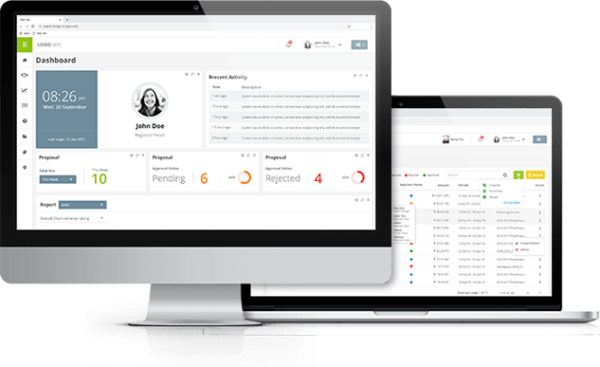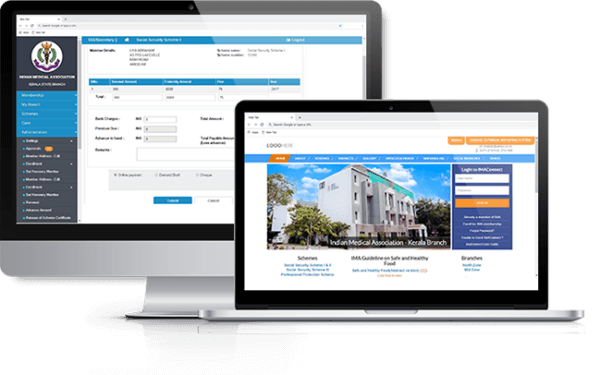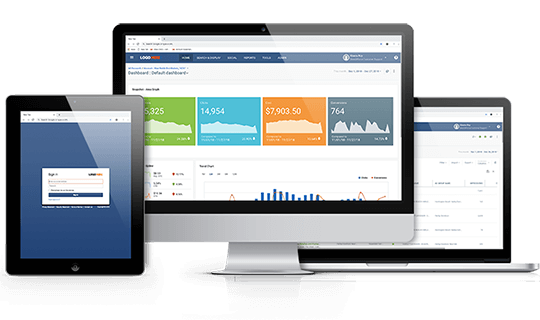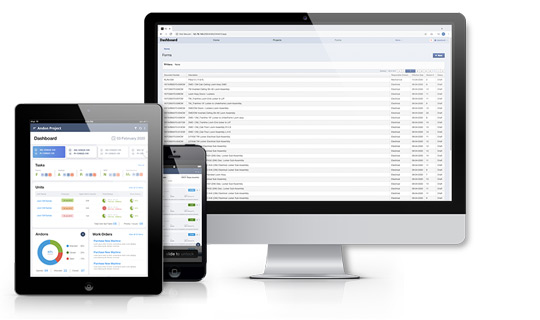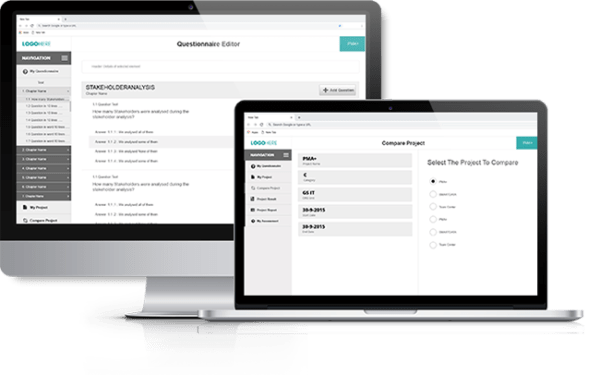Business intelligence services – How do they contribute to the growth of businesses?
Business intelligence (BI) refers to the use of software and technology to transform data into insights and knowledge that can inform business decisions. BI services offer a range of solutions to help organizations extract value from their data and use it to improve their operations, performance, and competitiveness.
There are many different types of BI services available to businesses, including data visualization, data mining, and predictive analytics. Data visualization involves creating charts, graphs, and other visual representations of data to help people understand and interpret it more easily.
Data mining involves using algorithms to search large datasets for patterns and relationships that can be used to inform decision-making. Predictive analytics involves using historical data and statistical models to make predictions about future outcomes.
One of the primary benefits of BI services is the ability to access and analyze large amounts of data quickly and efficiently. This enables businesses to make data-driven decisions, rather than relying on gut instincts or subjective opinions. BI tools can help organizations identify trends, patterns, and relationships in their data, providing insights that can inform strategy, planning, and resource allocation.
Another key benefit of BI services is the ability to monitor and track key performance indicators (KPIs) in real time. This allows organizations to stay on top of their performance, identify areas of strength and weakness, and take corrective action as needed. BI tools can also help organizations track customer behaviour and preferences, enabling them to tailor their products and services to better meet the needs of their target market.
BI services help businesses grow. How?
In addition to providing insights and monitoring performance, BI services can also help organizations automate and streamline their operations. By integrating BI solutions with other systems, such as customer relationship management (CRM) and enterprise resource planning (ERP), businesses can improve efficiency and reduce the risk of errors. BI tools can also help organizations identify bottlenecks and inefficiencies in their processes and suggest ways to optimize them.
One of the most significant ways that BI services can contribute to business growth is by enabling organizations to make better decisions. By providing access to accurate, up-to-date data and insights, BI tools can help businesses make informed choices about which products and services to offer, how to allocate resources, and where to focus their efforts. This can lead to improved efficiency, higher customer satisfaction, and ultimately, greater profitability.
Another way that BI services can help businesses grow is by providing a competitive advantage. By having access to more comprehensive and timely data and insights, organizations can make faster, more informed decisions than their competitors. This can give them a leg up in the market and help them to win new customers and retain existing ones.
There are several different types of BI software tools and technologies that can be used to support BI services. Some of the most common include:
Dashboarding software
This type of software allows users to create interactive dashboards that display data in a visual format. Dashboards can be customized to display specific data sets or metrics, and can be accessed by multiple users at once.
Data visualization software
This type of software allows users to create charts, graphs, and other visual representations of data. This can help users understand and interpret data more easily, and can be particularly useful for presenting data to others.
Data mining software
This type of software uses algorithms to search large datasets for patterns and relationships. Data mining can be used to identify trends, predict future outcomes, and make recommendations based on data.
Predictive analytics software
This type of software uses statistical models and historical data to make predictions about future outcomes. Predictive analytics can be used to forecast sales, identify potential risks, and make recommendations for future actions.
In summary, BI services offer a range of benefits to businesses of all sizes and industries. By providing access to data and insights, enabling organizations to monitor performance in real-time, automating and streamlining operations, and enabling better decision-making.
Business intelligence services are an essential tool for businesses of all sizes. By helping organizations access, interpret, and use data for decision-making purposes, Zinemind’s BI services can help businesses improve their operations, make better decisions, and achieve their goals.









